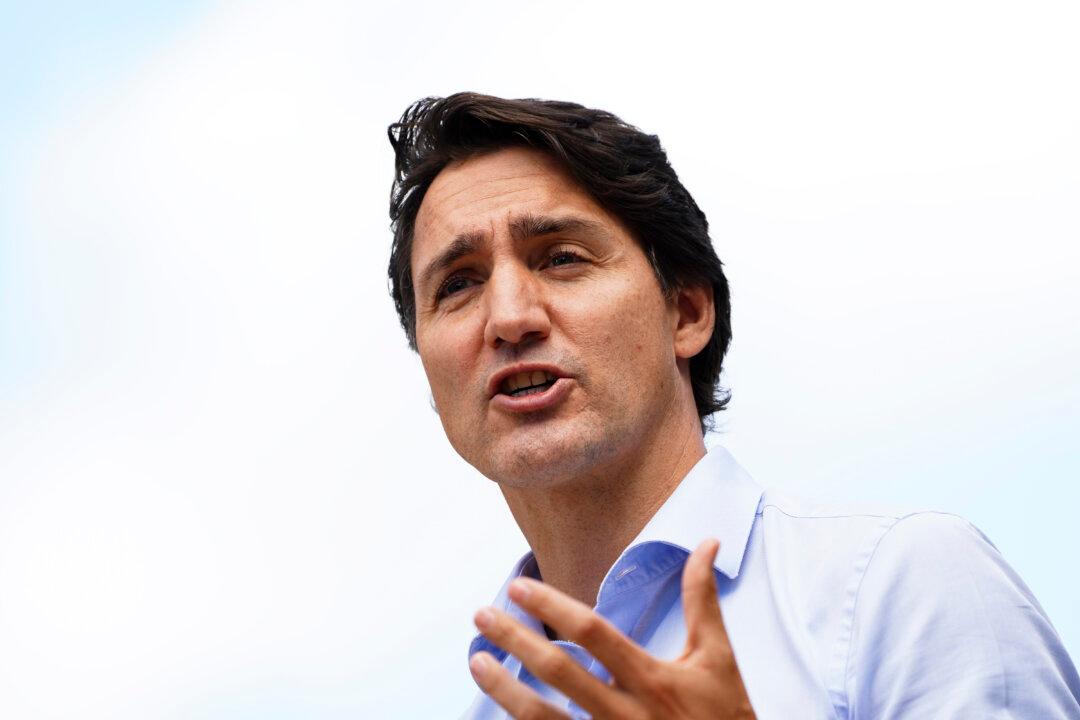Prime Minster Justin Trudeau says he will reflect on Canada’s relationship with China as he prepares to form a new government in the coming weeks.
During a press conference on Sept. 28, Trudeau was asked if he will take a harder line on China and ban Huawei from 5G as many of Canada’s allies have, now that the Canadians Michael Kovrig and Michael Spavor have returned to Canada. The pair was arbitrarily detained by the communist regime for nearly three years in what was widely seen as “hostage diplomacy.”





